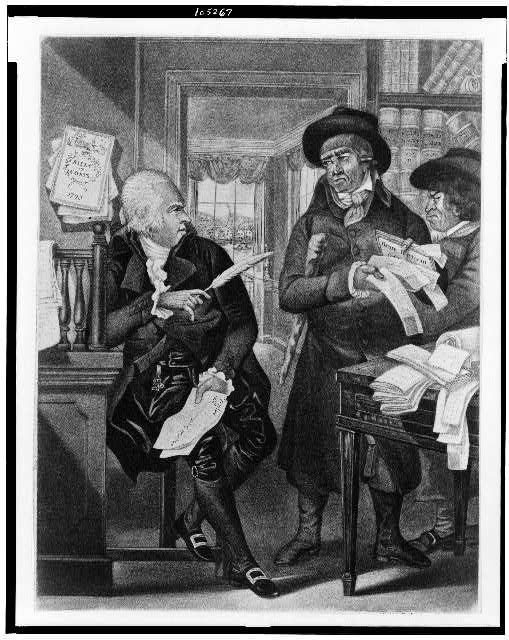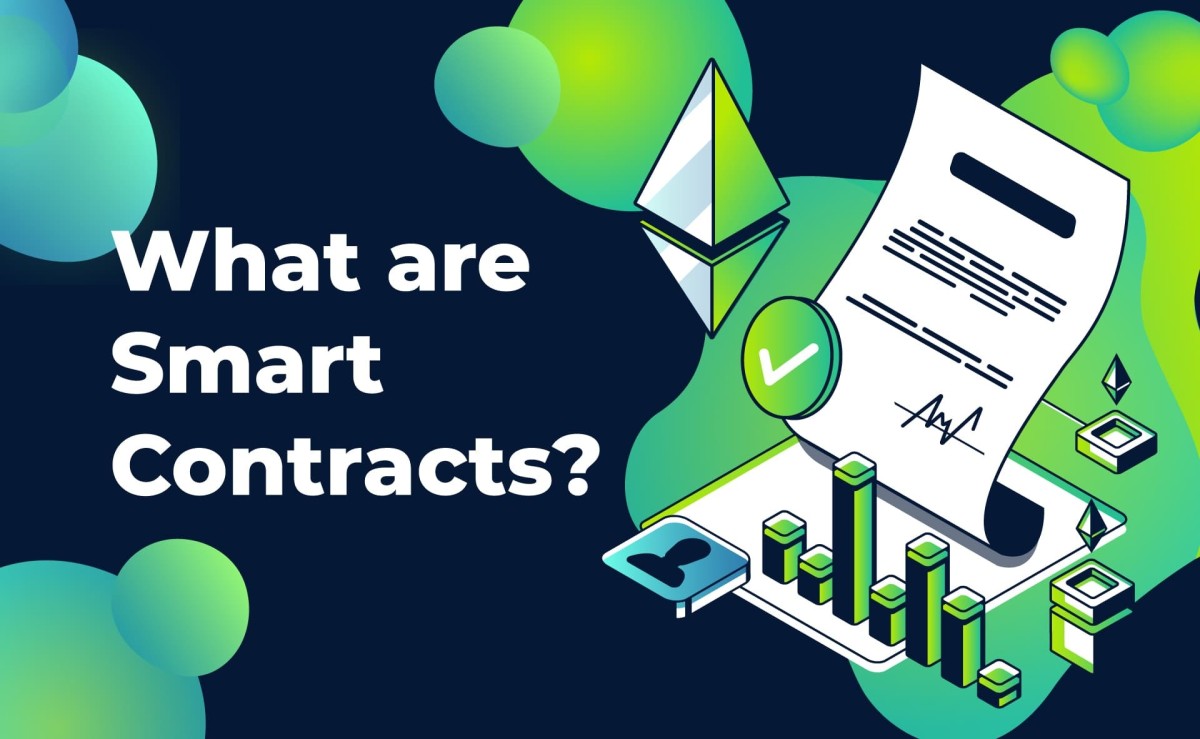What is the Statute of Frauds?

The Statute of Frauds was originally passed in 1677 in England and was titled "An Act for the Prevention of Frauds and Perjuries". The Statute held certain contracts to be unenforceable if they were not evidenced by some writing and "signed by the party to be charged."
Today, the Statute of Frauds, though eroded in some respects throughout the ages, is still alive and well. The Statute of Frauds, besides being a legal doctrine, is actually a defense. For instance, when someone sues you for breach of contract, a defense you might raise is the Statute of Frauds, if applicable.
So what does the Statute of Frauds mean to you?
The Statute of Frauds applies to six types of agreements. This means that for each of the above, a writing signed by the party to be charged must be present before an enforceable contract exists. That does not necessarily mean that a formal contract signed by both parties has to be drafted. It means this: If you and I enter a contract that is covered by the Statute of Frauds and you want to hold me liable for the contract, there has to be one or more writings (which can be anything - emails, invoices, letters, scribblings on bathroom stalls) that is (1) signed by me ("signed" is broadly construed - electronic signatures and company letterhead can be considered "signatures") and, (2) in the aggregate, reflect the material terms of the contract. Material terms means different things for different types of contracts as I will discuss below. The six areas covered by the Statute of Frauds are:
- An agreement whereby an executor to a will promises personally to pay the debts of an estate must be evidenced by a signed writing.
- A promise to pay the debt of another (a suretyship promise) must be evidenced by a signed writing. A suretyship = "Sell him the car, and if he does not pay, I will." A suretyship does not mean "Sell him the car, and I will pay you."
- A promise in consideration of marriage must be evidenced by a signed writing. This includes prenuptial agreements and arrangements whereby you promise to give the couple something (a house, car, cash) if they will get married.
- A promise creating an interest in land must be evidenced by a signed writing. This includes the sale of real property but also for (a) leases for more than one year; (b) easements for more than one year; (c) mineral rights; (d) fixtures: and (e) mortgages. Remember above I said the signed writing must contain the material terms of the agreement. For a land sale contract, the material terms needed are a description of the property and the price. One exception to this (similar to promissory estoppel) is the part performance doctrine. Where a person's conduct "unequivocally indicates" that a contract has been made by that person's actions, the Statute of Frauds will not apply. To constitute part performance, two of three things must happen: (1) payment (in whole or part), taking possession of the land, and/or making valuable improvements.
- A promise that cannot be completed in one year must be evidenced by a signed writing. This one is deceptive. Suppose I hire you and only you to build an exact replica of the Eiffel Tower next to my llama ranch. You would think it needed to be in writing right because there's no way that contract can be completed in one year. Wrong. It doesn't have to be in writing because it is possible for that contract to be completed in one year because the contract, by its terms doesn't say it can't be. (You could buy all the machinery and have 1,000,000 people working on it 24/7 and theoretically finish it within one year.) The one-year rule mainly applies to employment or service contracts where a person is hired, say from May 2012 to June 2013. That contract has to be in writing because it is impossible for it to be completed prior to June 2013.
- Lastly, a contract for the sale of goods worth $500 or more must be evidenced by a signed writing. Goods means basically anything other than real estate. The only material term that must be evidenced by the writing is quantity. You don't even need price. Suppose I order 1000 widgets from you over the phone. I check around on the internet and find them cheaper somewhere else. I send you an email that says "cancel my order for 1000 widgets. /s/ JK" The email is a signed writing stating that I purchased 1000 widgets from you; you may now enforce the contract against me and have a signed writing to overcome my Statute of Frauds defense. An exception which will overcome the Statute of Frauds applies if goods have either been accepted or delivered.
That is the Statute of Frauds in a nutshell. There are some nit picky Uniform Commercial Code ("UCC") rules that alter some of the above in very specific situations, but the above are the most common rules. There is one very important exception (besides the two noted above) to the Statute of Frauds which can broadly be called promissory estoppel, estoppel, or performance. I've got another hub coming which will go over the ins and outs of promissory estoppel.






